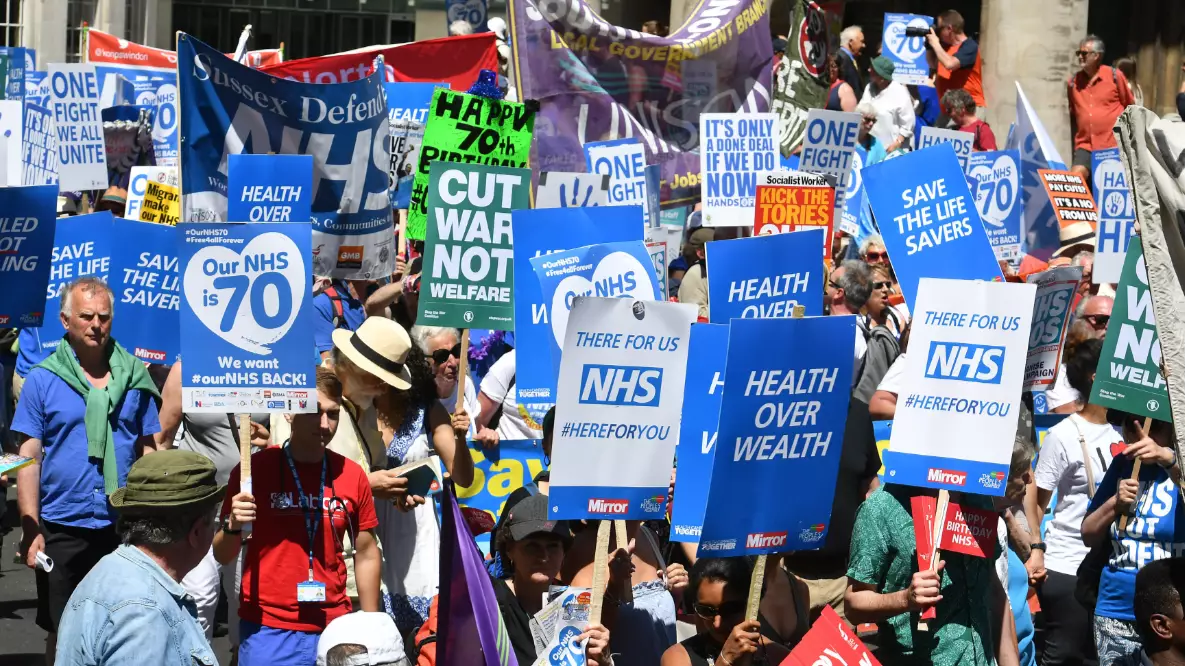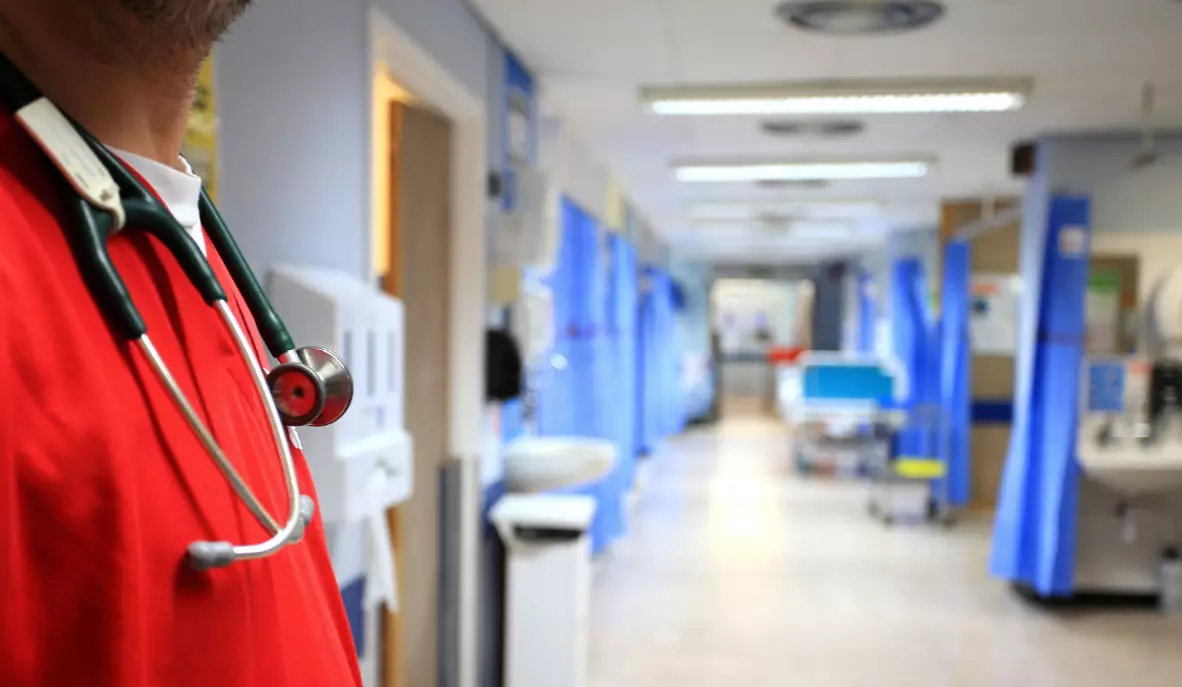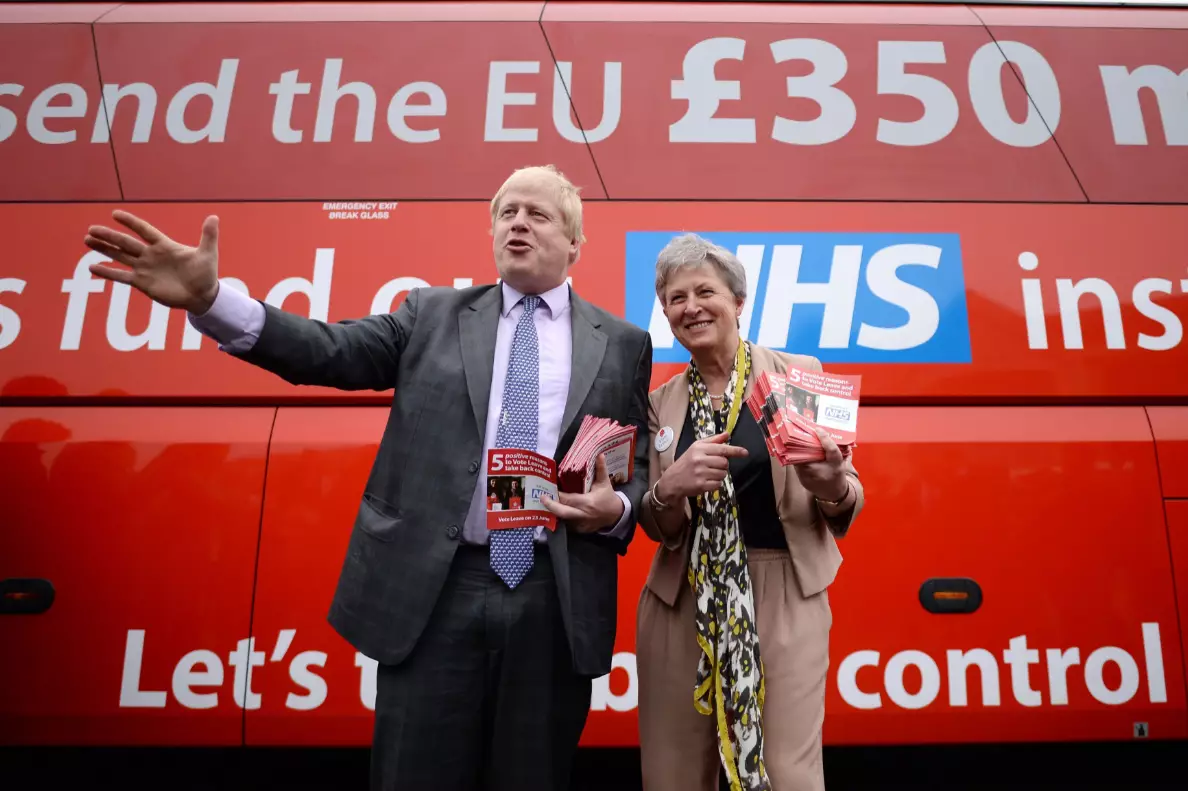
The National Health Service is one of Britain's most famous institutions, lauded for providing free healthcare to the masses for the past 70 years.
Set up on 5 July 1948, it was founded to be 'available to all and financed entirely from taxation, which means that people pay into it according to their means', as outlined on the NHS website.
Over the years, the NHS has rolled with the times, having welcomed various changes along the way.
In 1961, it made strides in women's liberation when the contraceptive pill was launched, while in 1967 the Abortion Act meant abortions became not only legal, but also available on the NHS.
Advert
In 1994, the NHS Organ Donor Register was set up, following a campaign by John and Rosemary Cox, whose 24-year-old son Peter died of a brain tumour and asked for his organs to be used to help others.
They believed that there should be a register for people who wanted to do the same - and by 2005, just over a decade later, over 12 million people had joined the list.

The year 2006 saw the introduction of the pneumococcal meningitis vaccine for babies, and in 2008 the human papilloma virus (HPV) vaccination programme was launched to help prevent cervical cancer in females.
Advert
But more recently, the country has seen creeping privatisation of the NHS - something that few Brits have been on board with.
Before his death, Professor Stephen Hawking warned that the government was taking the NHS towards a US-style insurance system run by private companies.
Writing in the Guardian, he said: "We must prevent the establishment of a two-tier service."
A long-term user of the NHS - having lived with motor neurone disease for most of his life, he added that the NHS is 'the fairest way to deliver healthcare'.
Comedian and actor Johnny Vegas also found himself riled up on the subject while appearing on Adam Hills' comedy talk show The Last Leg ahead of the NHS' 70th anniversary.
Advert
"It's like buying you a tricycle and buying your brother a brand new Mercedes," he said.
"I get really upset on this one, it really offends me. It's given me years with my parents - not all of those years happy, my mum can nag, but [the NHS] can give us years of valuable life and they don't care about it."
Explaining that he realised it wasn't without its issues, he added: "Personally, all I can say is if we don't fight for the NHS, we lose ourselves as well."

But others are disillusioned by the existing state of the NHS, and believe it would be better to scrap it altogether than try and salvage it.
Advert
A few days ago, Kate Andrews - News Editor at the Institute of Economic Affairs - told BBC Newsnight viewers that it was time to 'overhaul the NHS and replace it with a system fit for 2018'.
Many on social media slammed Andrews for her 'selective facts' and 'half truths', but there were some that shared her controversial viewpoint.
One person tweeted: "Absolutely agree! The NHS is, like any nationalised industry, inefficiently run in the interests of organised labour, suppliers, and politicians. It should be run for patients."
Advert
Another wrote: "Totally agree, I'm not holding my breath it will happen though."
However, some argued that while Andrews had several valid points, what the NHS needed was funding - something that pro-Brexit campaigners came under fire for after promising to re-invest money saved from leaving the EU into the country's health service, only to backtrack on those words once the referendum result came through.

According to the NHS Confederation, the NHS budget is expected to increase from £120.5 billion in 2016/17 to £123.2bn by 2019/20, and NHS England has also launched the biggest recruitment drive in its history in an attempt to battle the current staffing crisis, plowing £8 million into a campaign that aims to encourage youngsters into the healthcare profession.
Stephanie Aiken, deputy director of nursing at the Royal College of Nursing, told Sky News: "We know that people are leaving because they can't do the job well, that they are constrained by the lack of staff in order to share the workload.
"So one of the things we really need to think about is how to we attract the right staff so that we have the numbers coming in - but then, really, how do we look after our staff well"
The campaign hopes to help boost future staffing levels by attracting 22,000 applicants, but even with this push, it's still hard to know what we can expect for the NHS in years to come.
Featured Image Credit: PA